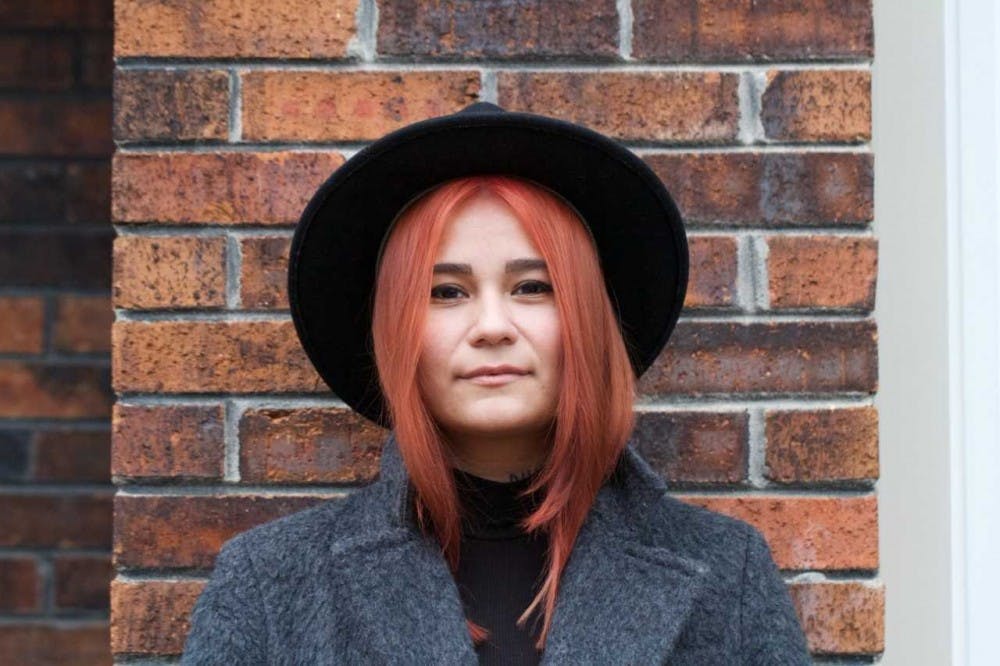One Cinco de Mayo while she was in graduate school, Prisca Dorcas Mojica Rodriguez had had enough of her peers culturally appropriating the Latinx culture. It happened all the time during Halloween. Often, people would even ask Dorcas if they could dress up as her. But she was tired of people dressing up as “Mexican.” Once, the entire class below her dressed up as a Hispanic professor on April Fools’ Day.
Dorcas realized that she needed an outlet — more than her personal Facebook page — to express her built-up anger. She went back to her room, and she decided to create an online community where she could spark conversation about her frustrations, called Latina Rebels.
Dorcas will be speaking to members of the University of Portland community about her experiences with race, gender, intersectionality of these topics and various other issues embedded in society on Friday, March 2 in Mago Hunt Theatre at 7 p.m. Tickets for the event are free, but space is limited. Tickets will be available for pick-up at the Office of Student Activities in St. Mary’s. For more information, contact Diversity and Inclusion Program Coordinator Yuri Hernández Osorio at hernandy@up.edu.
As a storyteller and activist, Dorcas has always found writing to be therapeutic. She was born in Nicaragua and immigrated to Miami, Florida when she was seven years old. After graduating with a bachelor’s degree in literature from Florida International University, she earned her master’s degree in divinity from Vanderbilt University in Tennessee, where she began empowering people of color, specifically women from the Latina community, through the online platform Latina Rebels.
The platform’s mission is to dismantle the oppression that came with colonialism in America. Dorcas has also written for various media outlets, such as the Huffington Post and Vivala, and was invited to the White House by the Obama administration in fall 2016 because of her work.
The Beacon talked to Dorcas on the phone a few weeks ago and asked about her immigration story, her take on theology, how she navigates systems of oppression, what her tattoos symbolize, why she turned down an invitation to the White House, and how her name is pronounced. Listen to the conversation with UP’s Diversity Dialogues keynote speaker here:








